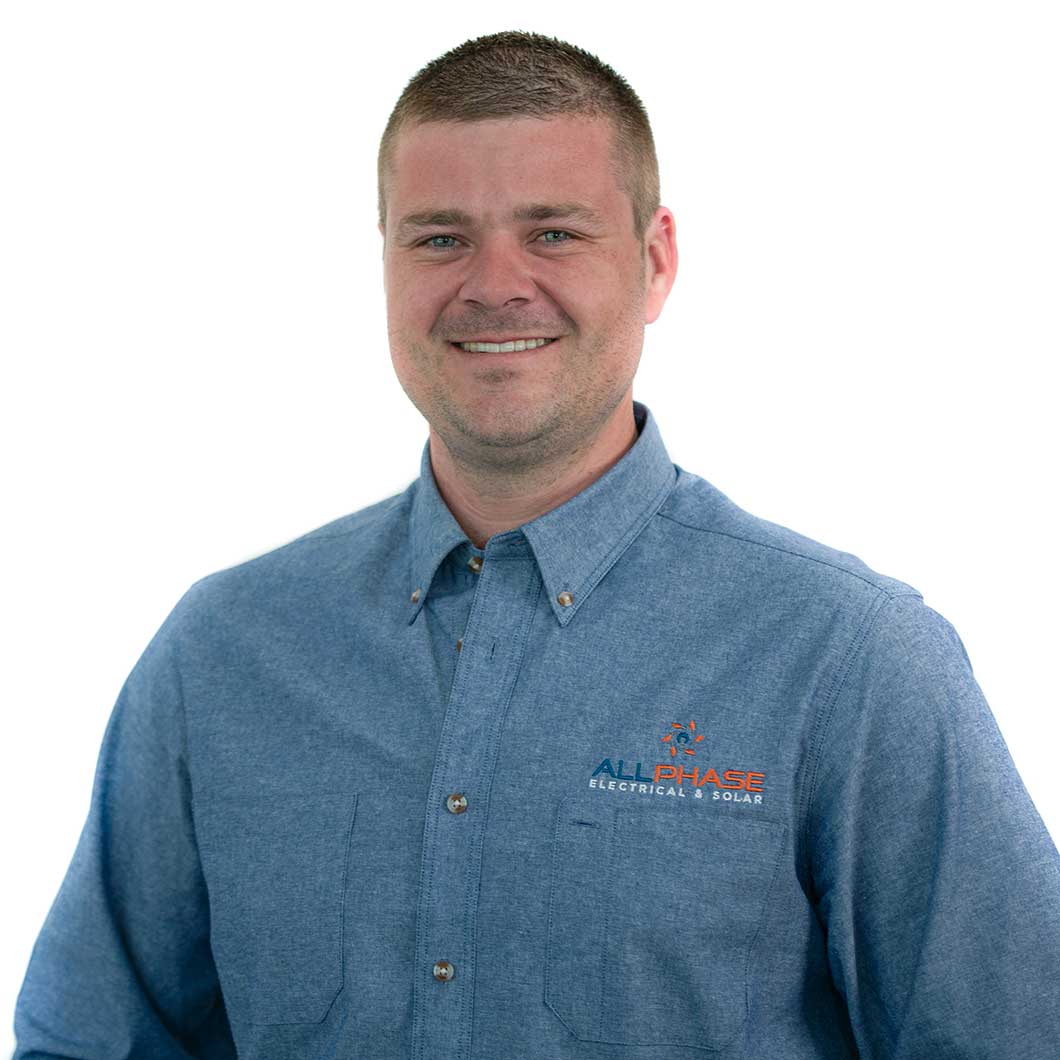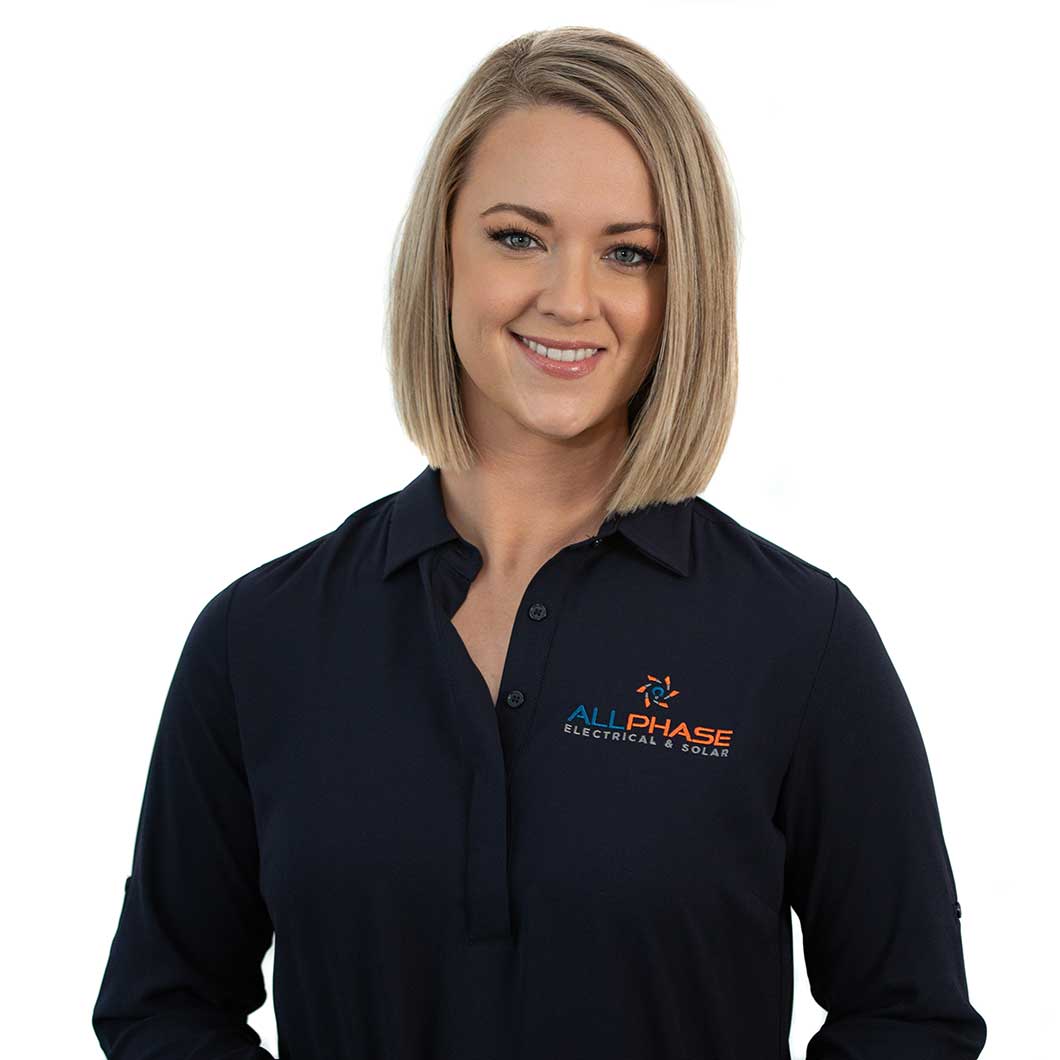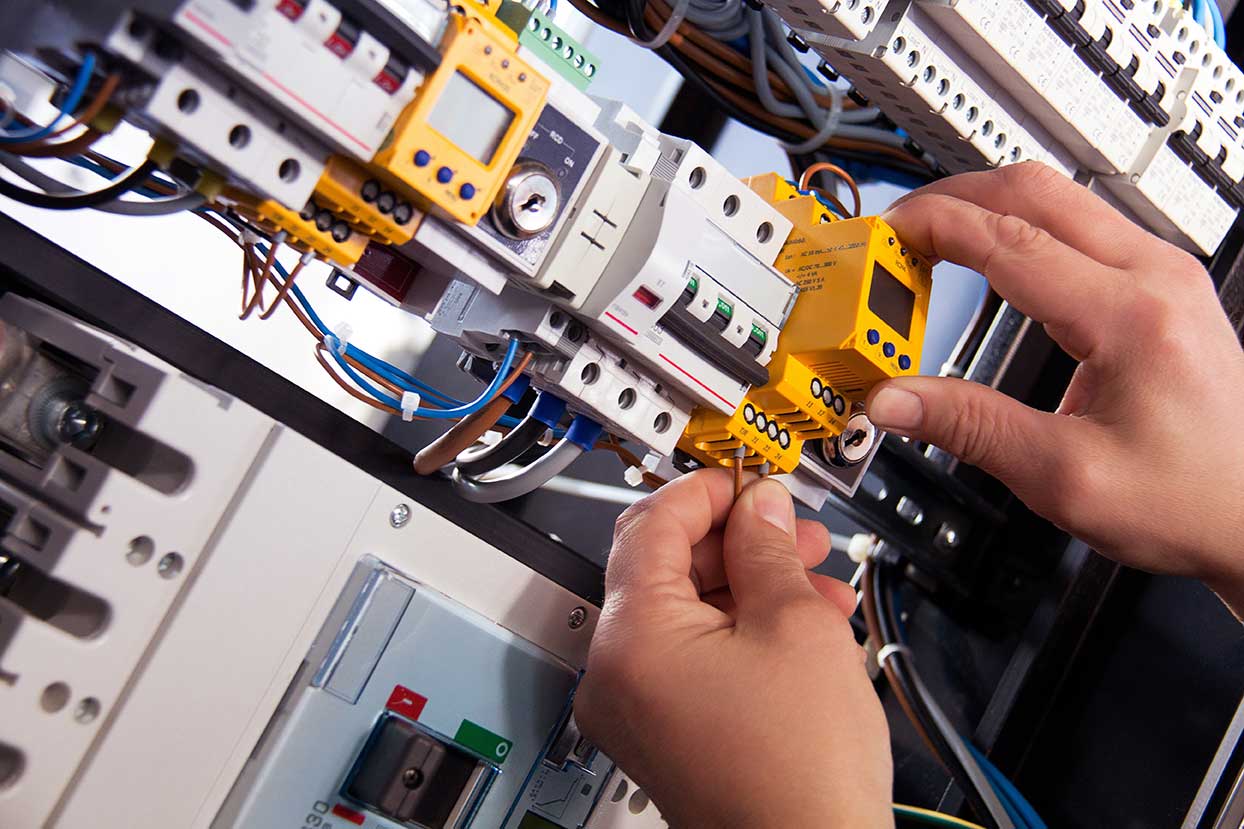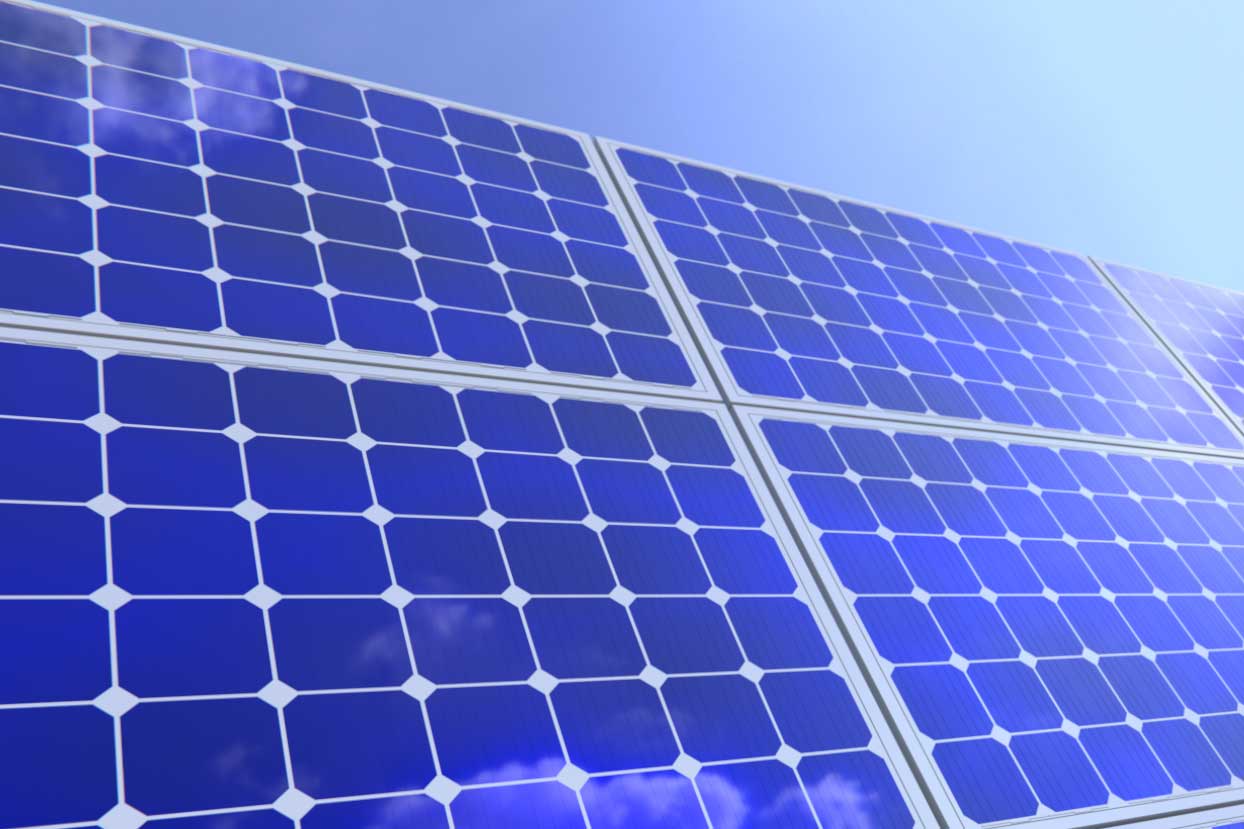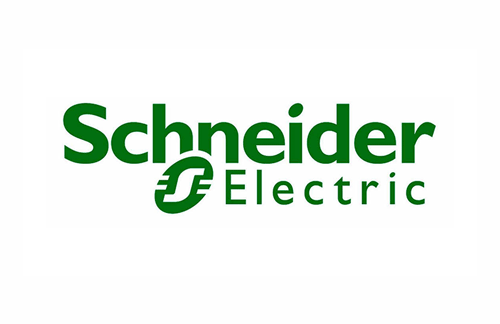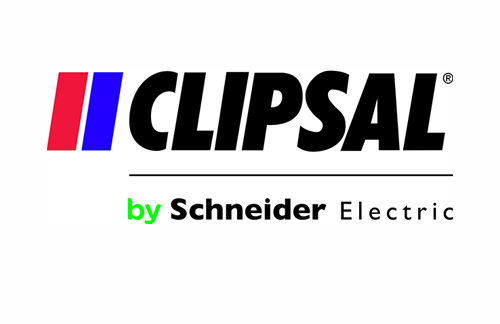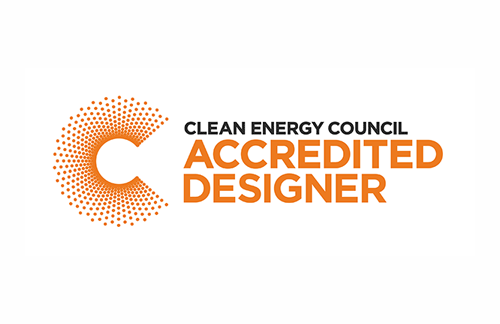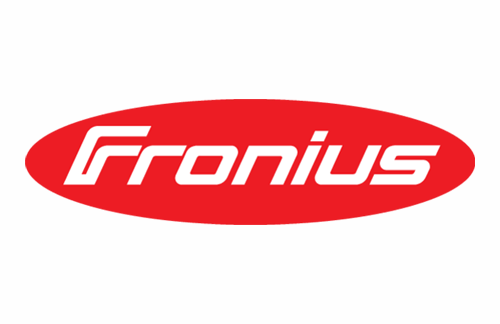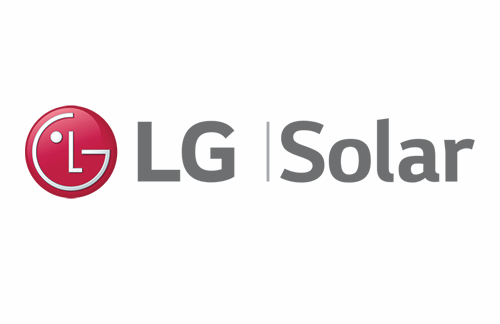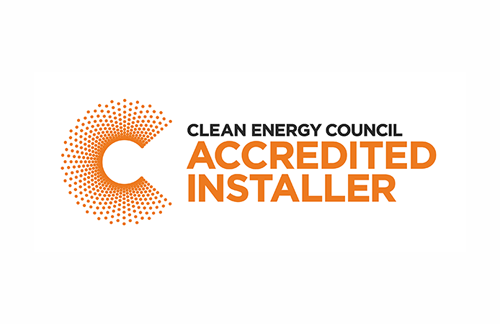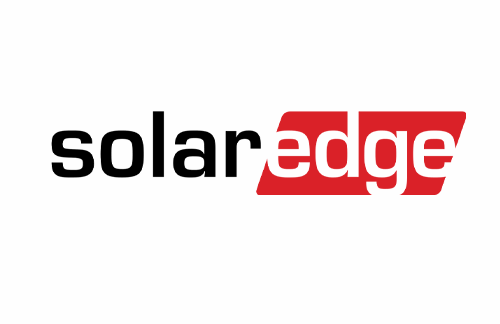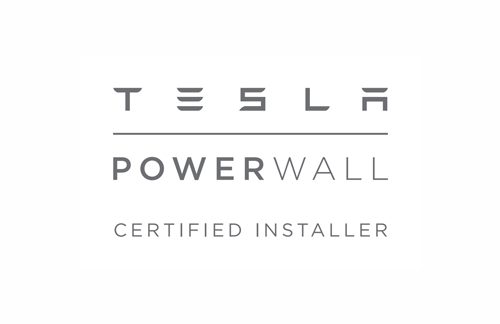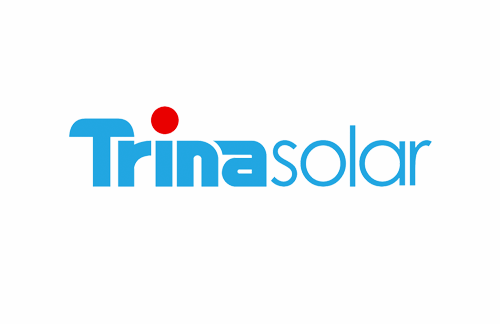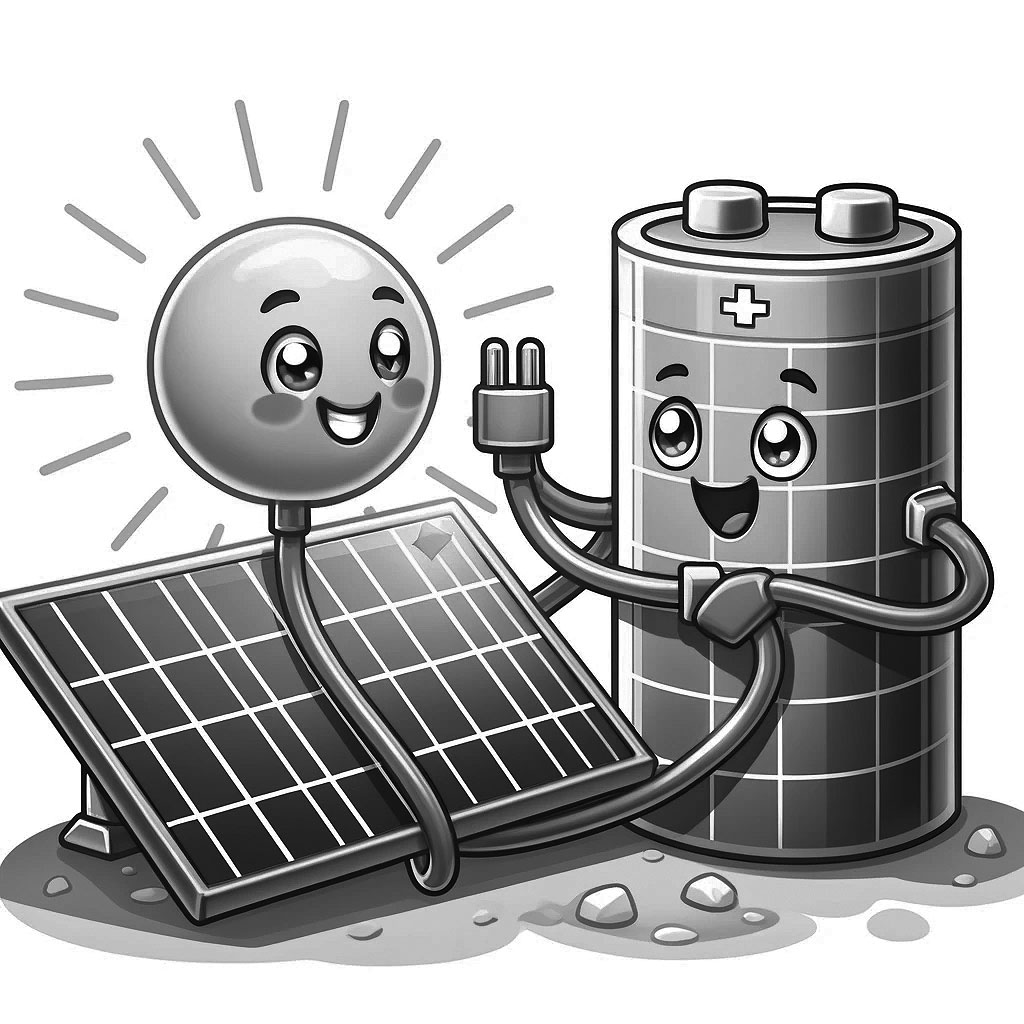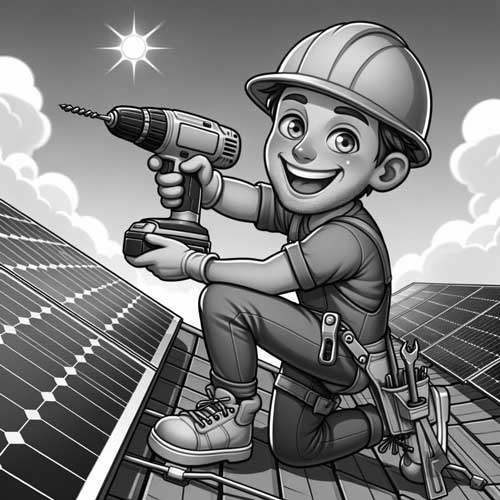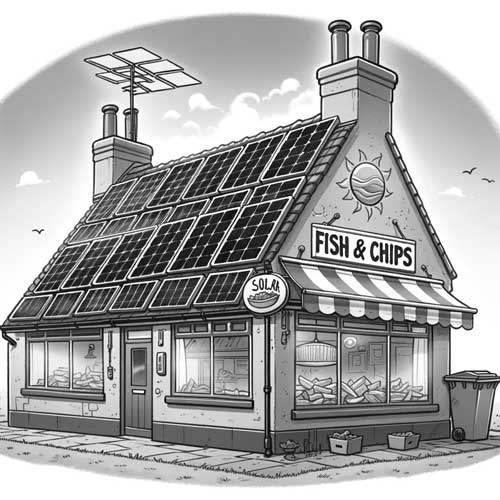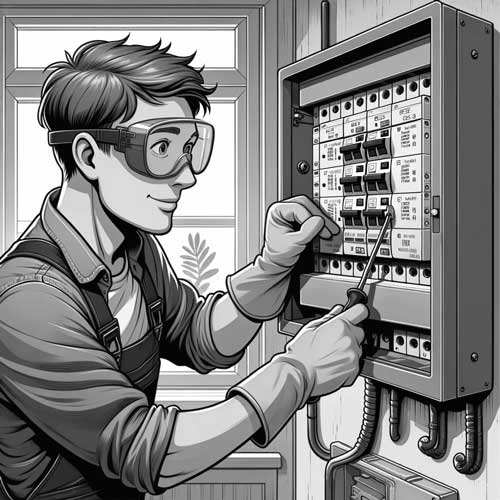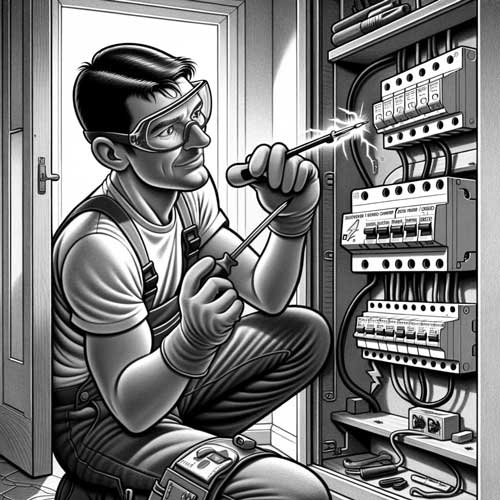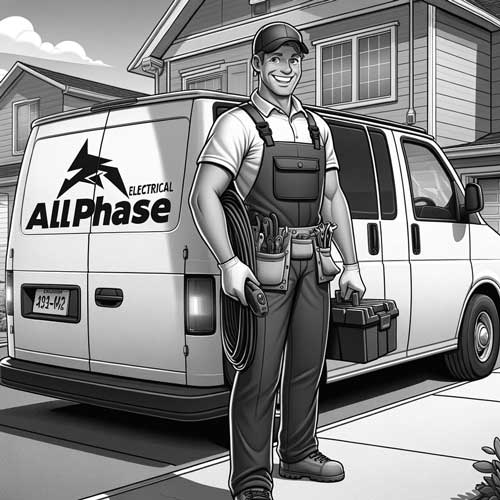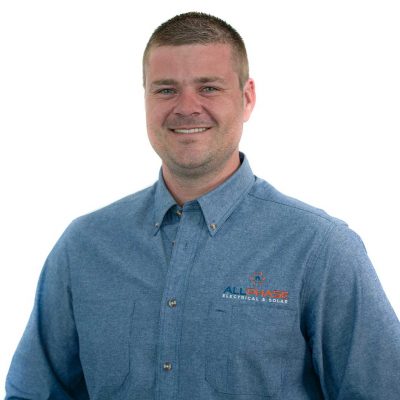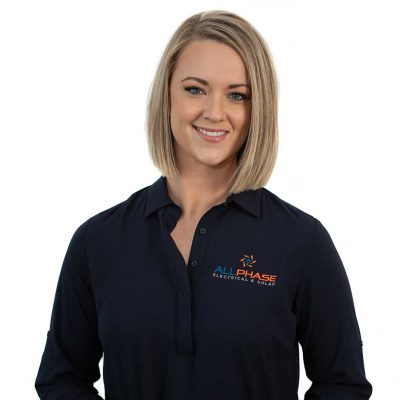EOFY Discounts on ALL Quotes!
* Discounts apply to all quotes supplied prior to 30th June 2024
Request a Call-Back Today!
Areas we service
Batemans Bay, Batehaven, Bawley Point, Bega, Bodalla, Braidwood, Brogo, Broulee, Bungendore, Burrill Lake, Canberra, Catalina, Central Tilba, Cobargo, Conjola, Dalmeny, Jeremadra, Lake Conjola, Long Beach, Malua Bay, Merimbula, Milton, Mogo, Mollymook, Moruya, Narooma, North Batemans Bay, Nowra, Rosedale, Sunshine Bay, Surfside, Tomakin, Tuross Head, Ulladulla, Verona, Wallaga Lake, and surrounding areas. Also, Canberra, Queanbeyan and region.
Why AllPhase?
Whether you’re a domestic or commercial client with a small, medium or large project, you’ll want a professional company that takes the stress away by ticking all the boxes.
AllPhase also has Level 2 Certification.
Level 2 certification means AllPhase are qualified to provide more than essential electrical services. Level 2 electricians can deal with metering, overhead and underground services within the house and between the street and your property.
We used Allphase Electrical and Solar for both electrical work and solar installation. We found Ben and Nadine to be very helpful, informative and professional. They answered any questions we had without hesitation.
Our guarantee
Electrical and solar work is an investment. You’ll want to guarantee that your money is well spent and gets you the desired result. This means choosing a company that’s upfront about how much things will cost providing transparent quotes and invoices (no surprise fees or charges). It also means choosing a company that provides detailed warranties, guarantees and 100% compliance with all Australian Standards.
AllPhase provides full guarantees on:
AllPhase Electrical and Solar recently installed solar to our home. Ben and his team are amazing. Every effort was made to ensure information was clear and precise, questions were answered fully, working times were adhered to and personal preferences were met. They cleaned up at the end of the installation. I was impressed by Ben’s integrity, openness and knowledge.
Excellence and guaranteed service all the way.
Frequently asked questions.
Need expert electrical work or looking at a new solar installation? With so many options available it’s important to get the right advice you can trust.
AllPhase Electrical & Solar is here to answer your questions. Get in touch today.
Solar FAQs
Electrical FAQs
We used AllPhase Electrical and Solar for both electrical work and solar installation. We found Ben and Nadine to be very helpful, informative and professional. They answered any questions we had without hesitation. We were very satisfied with their service. We highly recommend them and will definitely be using them for any future electrical work.

